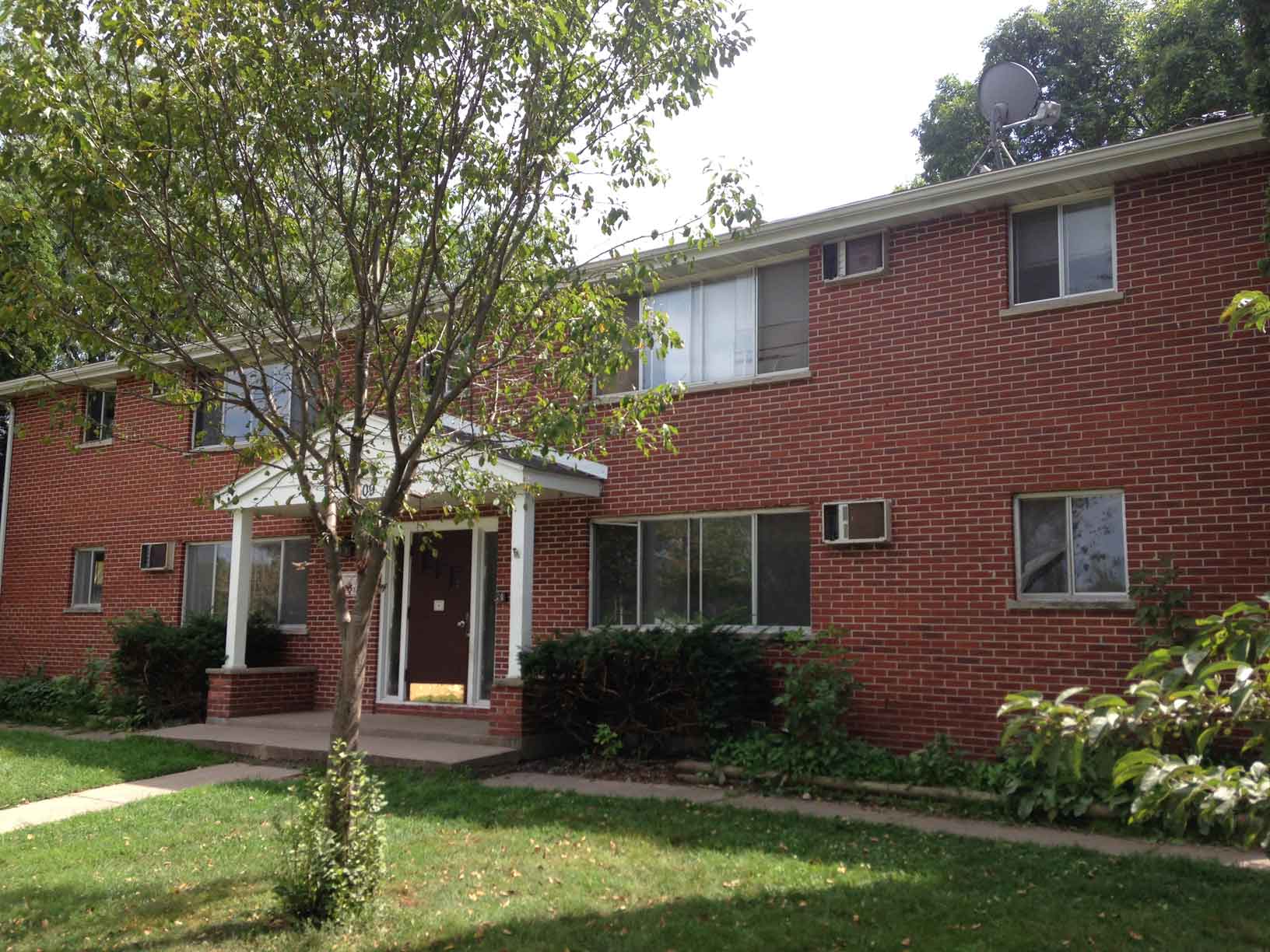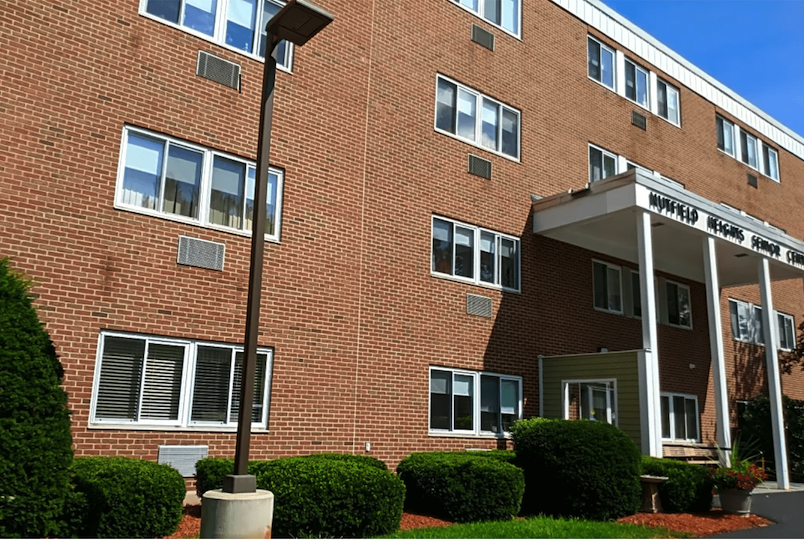19 Apr 2021
The growing trend of marijuana legalization along with increased smoking during the COVID-19 pandemic have caused more unauthorized smoking in hotels. As hoteliers struggle to enforce policies to keep their properties smoke-free and clean, the true cost of smoking is more significant than guest complaints and room cleaning. Hotel managers need a proactive, specialized detection system to monitor for smoking in rooms and provide real-time alerts of smoking events.
Forty-four states have legalized marijuana. The decriminalization of non-medical cannabis has created an unintended consequence for hoteliers: guests feel empowered to smoke in their rooms. States with legalized marijuana are seen as “420 friendly,” promoting cannabis friendly tourism where guests can smoke marijuana without consequences. For example, Nevada legalized marijuana for medical use in 2000 and recreational use in 2017. With its combination of casino-hotels and 420 friendly tourism, especially in Las Vegas, Nevada is attracting more marijuana smokers.
COVID-19 has exacerbated the smoking problems for hotels. Studies show that the pandemic has increased marijuana and tobacco use, and that self-isolation increases cannabis use. As hotels re-open from the pandemic lockdown, they report rising rates of both marijuana smoking and tobacco smoking in no-smoking rooms. At the same time, non-smoking guests demand clean air and clean rooms to higher standards than ever before.
In addition to guest empowerment due to marijuana legalization, detection and enforcement of smoking are vexing problems for hotel managers. The smell of marijuana smoke moves quickly and widely, and more guests register especially harsh complaints (not just from the rooms next door or across the hall). Hotel staff struggle to pinpoint the smoking to a guest room. They are not able to stop the smoking, prove the smoking, and charge the cleaning fee. During a Nevada Hotel and Lodging Association (NHLA) webinar, hotel executives described this challenge as “something like a hall of mirrors goose chase” for their staff, sniffing from door to door unable to locate the smoking.
Unauthorized smoking in hotel rooms brings a host of problems: smoky smells, negative reviews, lower NPS, expensive cleaning, lost revenue, reduced GOPPAR, guest complaints, and customer defections. Non-smoking guests have exceptionally negative reactions to marijuana smoke and its pungent smell (the smell of burned ammonia). A senior executive at a casino-hotel group in a state where marijuana was legalized said, “Smoking violations have gotten so bad in our hotels that our regular high rollers are starting to leave.”
Hotels across the country are installing FreshAir Wi-Fi devices equipped with patented sensors to detect marijuana smoking and tobacco smoking. Smoking alerts from FreshAir 24×7 monitoring provide timestamped, scientific proof of smoking in a guest room. Hoteliers can charge cleaning fees with confidence and see an immediate return on investment. This specialized detection helps hoteliers keep the promise of clean, no-smoking properties.







